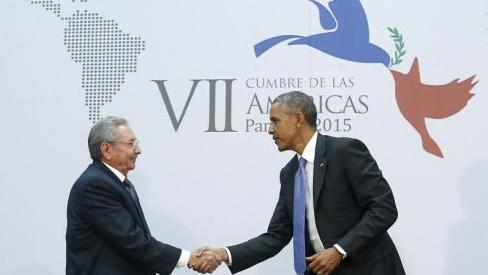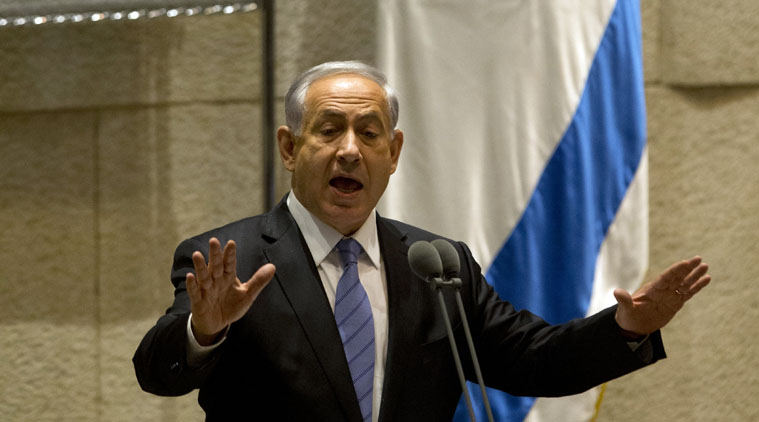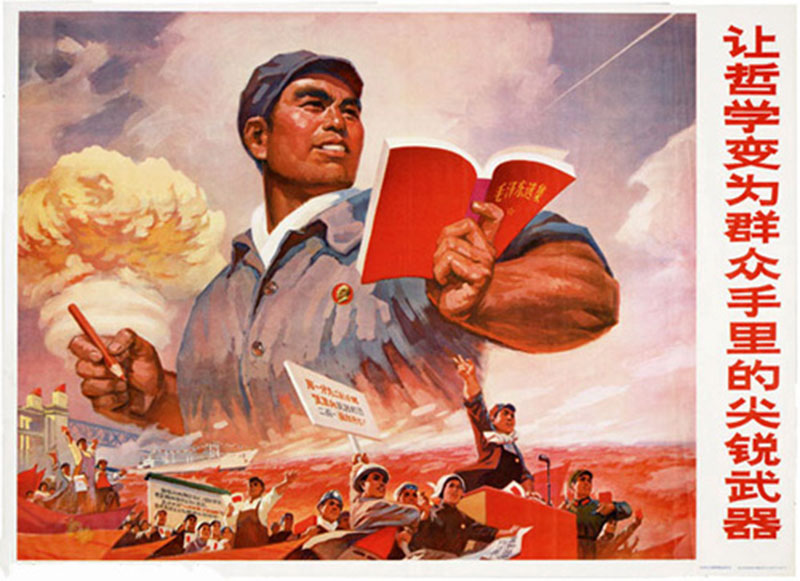Afghanistan: US, get out!
Crimes & crises of imperialist war
07/08/2010
On July 25, the WikiLeaks site published on the internet around 92,000 secret documents, written by low-ranking soldiers, about the operations of US and NATO occupation troops in Afghanistan, between January 2004 and December 2009.
These documents were published scarcely a few days after the Kabul Conference took place, at which the United States confirmed its support for Karzai’s unpopular government and admitted that the military occupation will continue at least until 2014, when the Afghan armed forces would assume control of the country’s security, confirming that Obama has already abandoned his promise of beginning the withdrawal of troops in July 2011. This, in spite of the fact that some European allies like Great Britain, are moving up their withdrawal from Afghanistan, because of economic considerations and the widespread repudiation of the war.
The magnitude of the scandal caused by the disclosure of this secret material is comparable to the 1971 publication of the so-called "Pentagon Papers," a compilation of Defense Department documents on the Vietnam war, leaked to the press by a young military researcher and analyst, documents that discredited the imperialist war even more among broad groups of young people, expanding the base of support for the antiwar movement.
"Diary" of an imperialist war
The so-called "Afghan War Diary" is a collection of detailed reports "from the battlefield," of the worst atrocities committed by US and NATO troops against the local population, including slaughters of civilians, the actions of "task forces" and death squads, indiscriminate bombing and the concealment of the these massacres.
Although this is nothing new, the "diary" offers a record of these operations, those who took part and their results, classified according to the categories adjudged by the US forces themselves, according to the "seriousness" determined by the number of dead, wounded or arrested.
In addition. the documents disclose in detail the existence of death squads, like Task Force 373, in charge of the summary execution of around 2,000 people from a list of alleged Taliban and Al Qaeda leaders, drawn up by the CIA and the Pentagon. The discovery of this type of clandestine operations also jeopardizes Merkel’s government, since around 300 members of Task Force 373 were operating from a German military base located in Mazar-i-Sharif (Spiegel, July 26, 2010).
From the military chronicle, it appears that the occupation troops not only confront the armed resistance of the Taliban and other local militias, that since 2006 have regained the ability to fight and are controlling almost 80% of the territory, but that the occupation troops are also treated with deep hostility by the civilian population, mainly in the southern and eastern provinces, inhabited mostly by the Pashtun ethnic group.
The documents also confirm the close collaboration between the Pakistani secret services and the Taliban, in spite of the enormous pressure that the United States is exercising on Pakistan to fight the Taliban who have taken refuge in the tribal regions on the border with Afghanistan, and in spite of the "carrot" of the $1.5 billion dollars that the US gives Zardari’s government annually, as "military assistance."
This "double game" by Pakistan is nothing new, but it exposes the vulnerability of Obama’s strategy based on the "surge" of US troops and on Pakistan’s collaboration in the fight against the Taliban.
Crisis and escalation
Obama’s strategy, that coincides with pro-war groups of the political and military establishments, is to try to minimize the damage and use the information contained about the advance of the Taliban, the weakness of the Afghan security forces and Karzai’s government to justify his policy of sending more troops to Afghanistan and involve Pakistan even more in the "War on Terror," while other possible options are being considered, among them, negotiating with "moderate" groups of the Taliban, the "decentralization" of the country, by giving power to local leaders, and even dividing Afghanistan along ethnic lines, in a southeastern region with a Pashtun majority, where the Taliban would govern, and a northwestern zone, with a Tajik and Uzbek majority.
A day after the publication of the documents, the US House of Representatives approved by a broad majority of 308 to 114, a $59 billion bill that Obama needs to continue financing the wars in Iraq and Afghanistan. However, Obama obtained this victory by an almost unanimous vote of the Republican Party, while 102 Democrats (and 12 Republicans) voted against.
Far from the illusions of progressive groups that are encouraging expectations that an "antiwar" wing could arise inside the governing party, or even of the person responsible for WikiLeaks, who, according to his statements, was hoping that the publication of the documents would lead to a change of policy, the division in the ranks of the Democrats failed to prevent the approval of the bill and was owing, above all, to election considerations. The war in Afghanistan is growing more unpopular among the US population, that sees how the government is appropriating billions of dollars for military spending to repair imperialist power, in the middle of a profound economic crisis that has already pushed unemployment to more than 10% of workers.
Beyond the several theories about who is behind or could use this operation, the magnitude of the leaking of these military documents only one month after the removal of the former chief of the imperialist forces in Afghanistan, General McChrystal, after his explosive statements against a large part of the Obama administration, is an extremely telling sign of the profound divisions in the military leadership and government over what is the best exit strategy that will allow concealing what is already obvious: that after nine years of occupation, the war in Afghanistan is an unwinnable war for the United States, like Vietnam was before.
Against the illusions of millions of young people and workers, who were hoping for a "change" with regard to Bush’s policy, Obama essentially continued the policy of bailing out the banks and big monopolies, kept the occupation of Iraq and escalated the war in Afghanistan; he hardened his policy against Iran and resumed military exercises near North Korea and China, as well as launching a more offensive imperialist policy to recover control in Latin America. The public disclosure of the atrocities of the war in Afghanistan, unemployment and the weakening of the Obama administration, in the context of a polarized setting because of the emergence of right-wing populist variants, like the Tea Party, is perhaps paving the way for future breaks to the left from the traditional parties of the US imperialist bourgeoisie by significant groups of workers and young people.




















